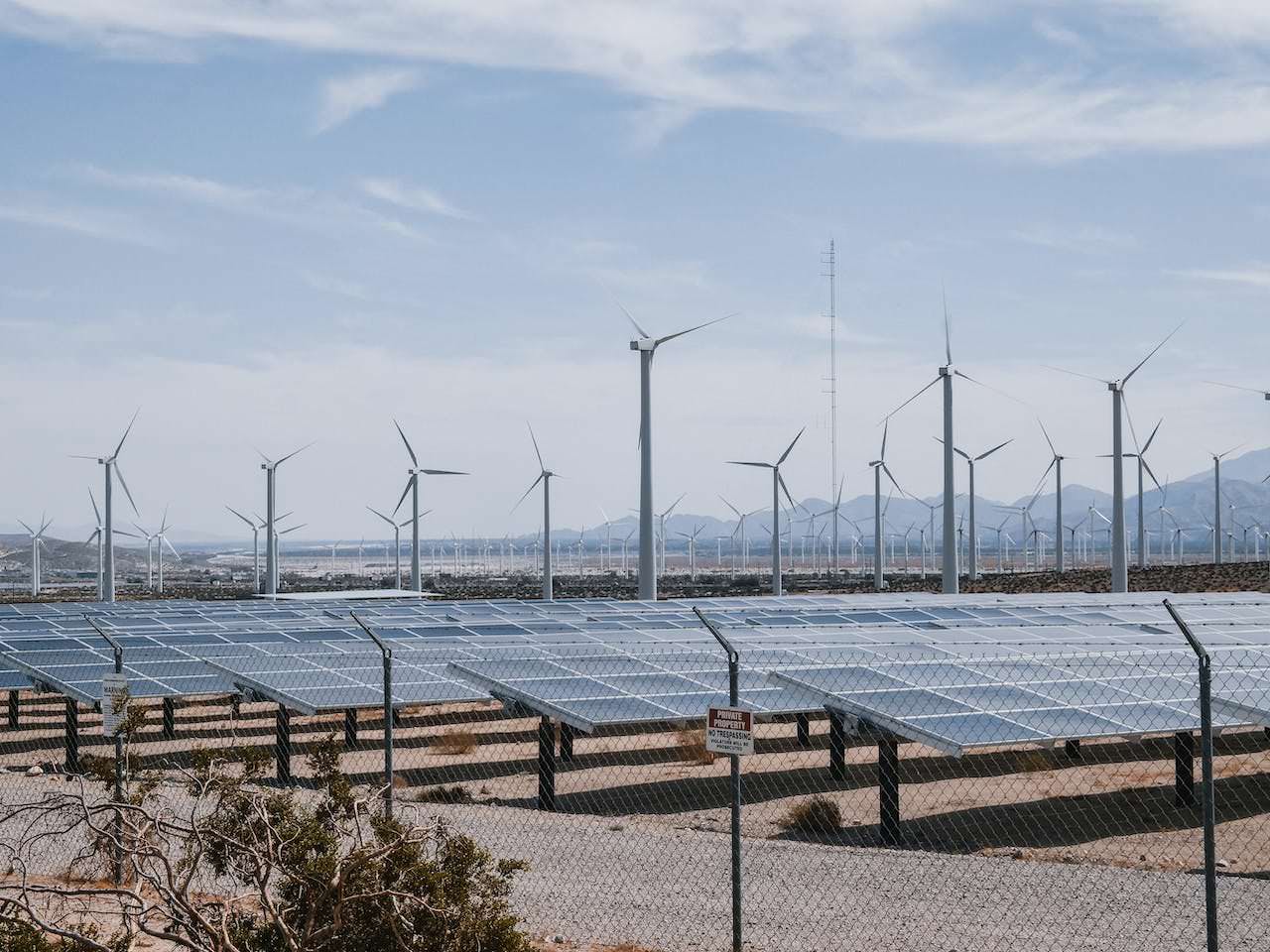Business
13 reasons drivers aren’t buying electric cars
By Jake Beardslee · February 9, 2024
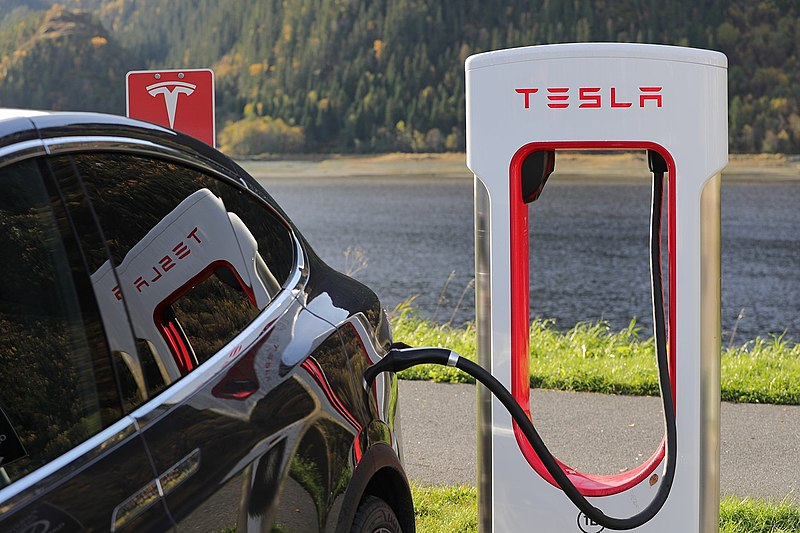
13 reasons drivers aren't buying electric cars
Electric vehicles are gaining popularity, but many drivers still have reservations about switching to electric cars. While EVs offer exciting new technology, they also come with drawbacks that give some drivers pause. As EV technology continues to advance, these concerns may be addressed over time. But for now, there are legitimate reasons why many drivers are hesitant about electric vehicles. Blomst/Pexels
Range Anxiety
Many drivers worry about running out of battery charge before reaching their destination or a charging station. This "range anxiety" stems from lack of experience with electric cars and concerns over the availability of public charging infrastructure. Although ranges are improving, worries persist about being stranded. Gustavo Fring/Pexels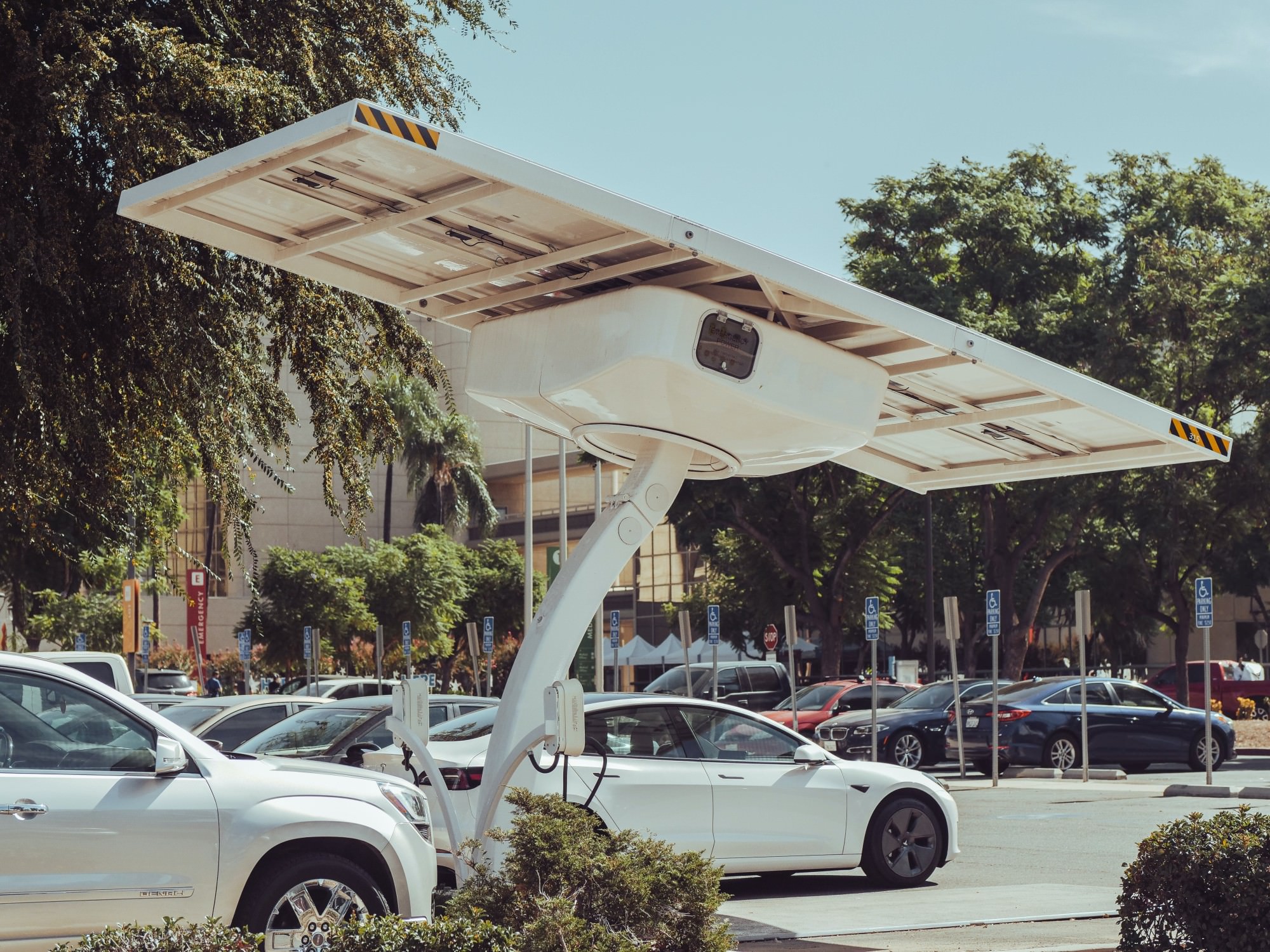
Underdeveloped Charging Network
While public charging stations are growing, the infrastructure is not yet robust or reliable enough for some drivers. Spotty coverage along travel routes and technical issues at charging stations undermine confidence. Improving the charging network will help alleviate range anxiety. Kindel Media/Wikimedia
High Upfront Costs
Electric vehicles currently cost substantially more up front than comparable gas-powered cars. The price tags put EVs out of reach for many budget-conscious shoppers. However, declining battery prices may lower costs over time. Pixabay/Pexels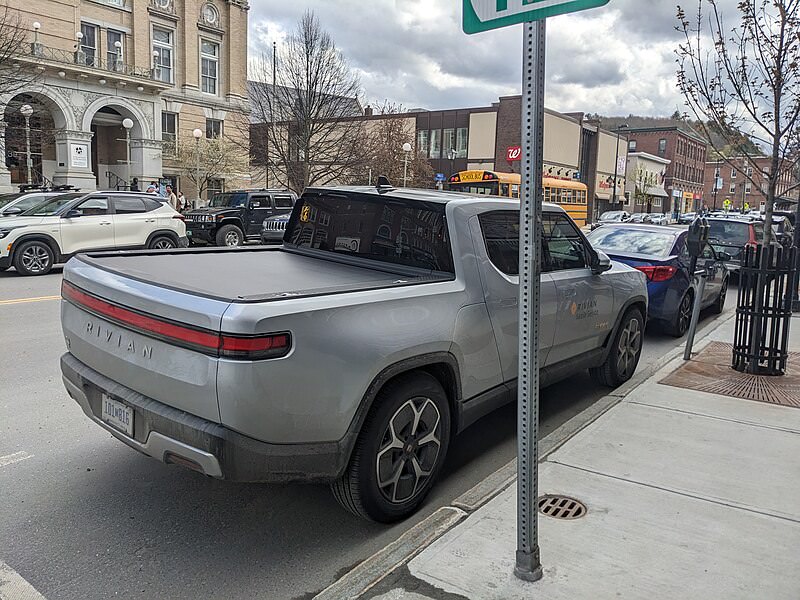
Limited Model Selection
With fewer electric models available than traditional cars, some drivers can't find an EV that fits their needs. The selection is especially small for trucks and SUVs. More model options would make EVs appealing to more buyers. Artaxerxes/Wikimedia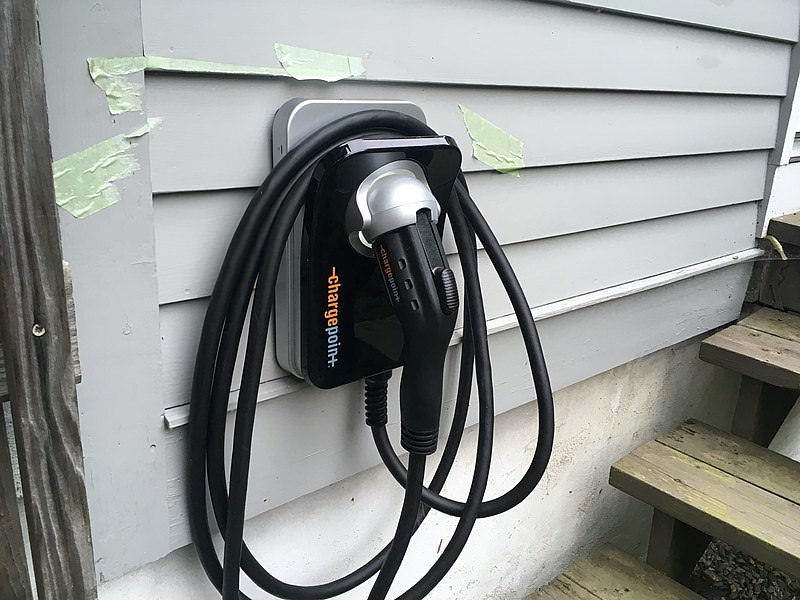
Home Charging Expenses
Installing a home charger requires upfront investment that not all drivers can manage. On top of the charger cost, professional installation adds hundreds or thousands more. Ongoing home charging expenses also add up. "Ken Fields" - www.kenfields.net/Wikimedia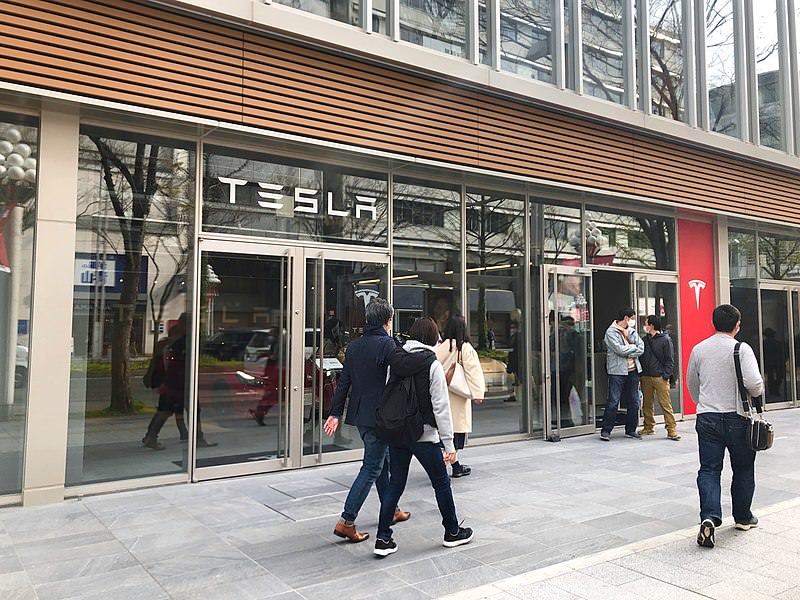
Minimal Used EV Market
Unlike traditional cars, electric vehicles have almost no used market currently. Rapidly improving technology makes older EVs undesirable. High battery replacement costs also make used EVs less viable. The lack of affordable previously-owned EVs deters some buyers. KKPCW/Wikimedia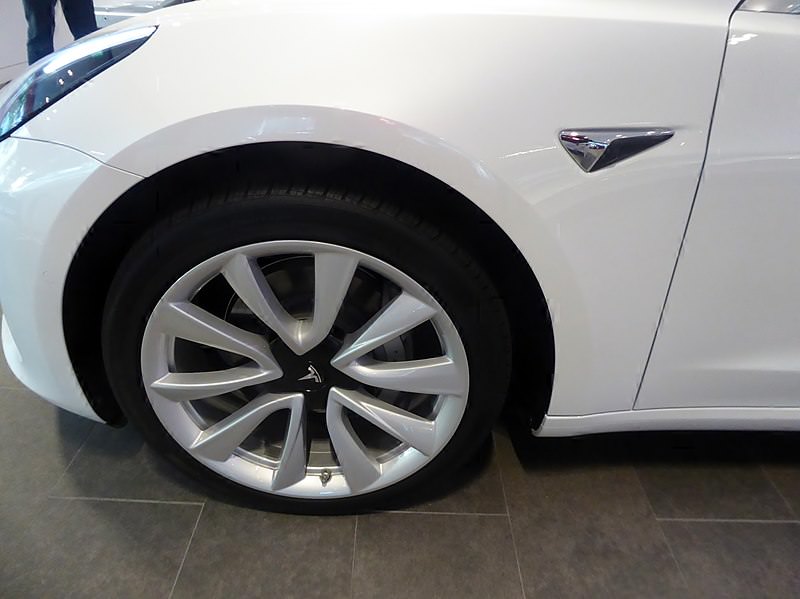
Questions About Environmental Impact
While EVs don't have tailpipe emissions, some aspects like tire wear and battery production do carry environmental impacts. There are also concerns around the electricity source powering EVs. These factors leave some questioning the true sustainability benefits. Tokumeigakarinoaoshima/Wikimedia
Unfamiliar Maintenance
Most mechanics are not yet trained to service electric vehicles. Drivers are hesitant to buy cars they wouldn't know how to maintain or repair. Increased EV technician training and expertise will make drivers more comfortable. Andrea Piacquadio/Pexels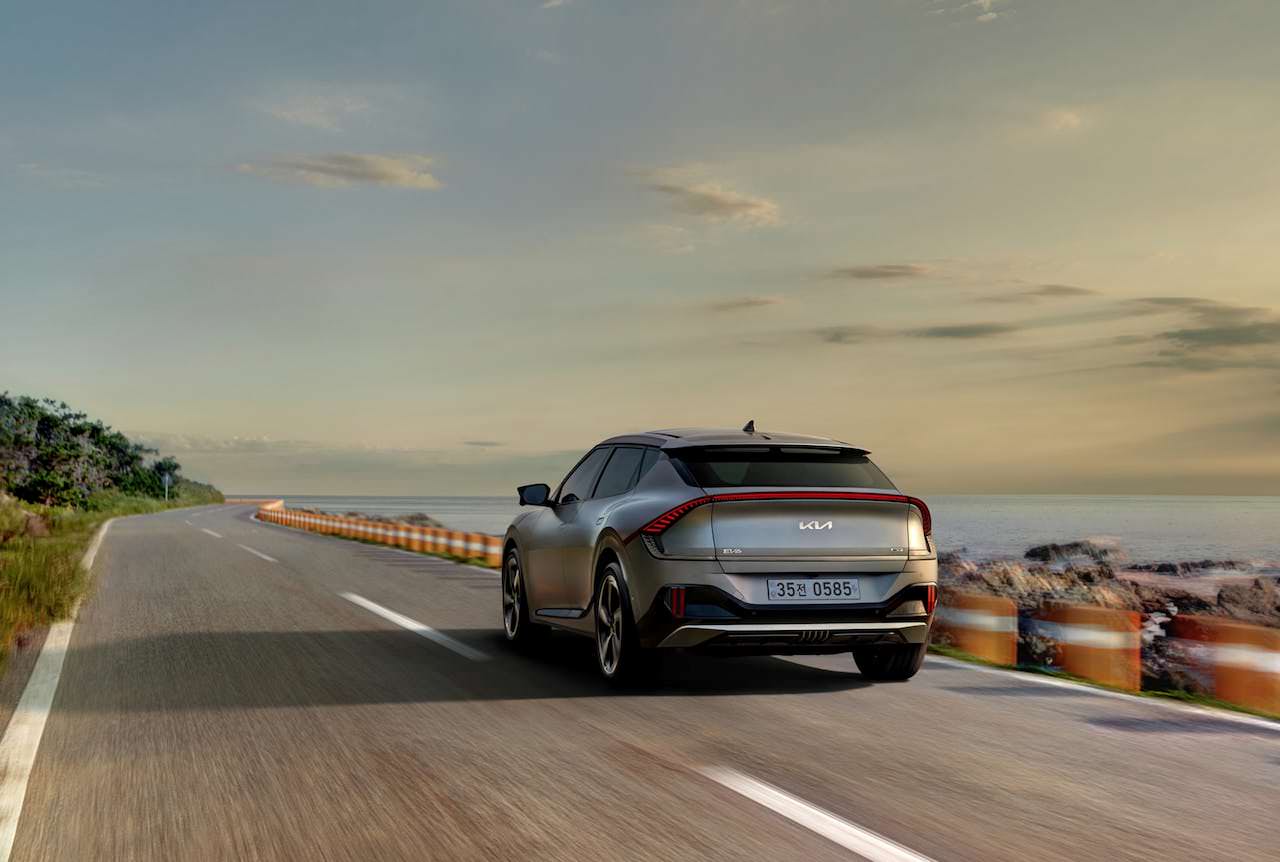
Power and Performance Concerns
Myths persist that EVs are sluggish or underpowered. While instant torque provides responsive acceleration, some assume electric motors lack strength. Correcting misconceptions would lessen performance worries. Hyundai Motor Group/Wikimedia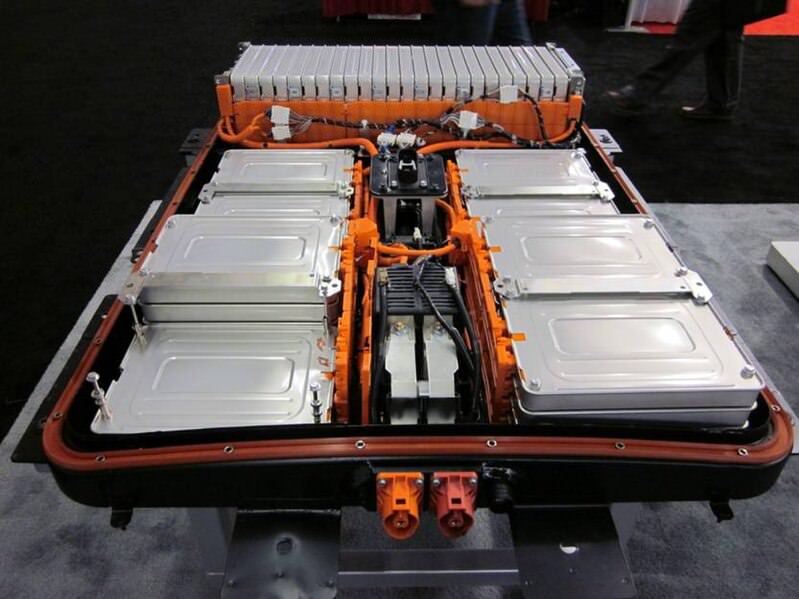
Battery Life Uncertainty
Projected battery lifespans of 10-15 years raise concerns about eventual replacement costs. Uncertainty around long-term battery degradation adds unease. More data over time will either confirm or assuage these worries. Gereon Meyer/Wikimedia
Charging Limitations for Renters
Renters in apartments often lack a way to charge at home. Reliance on public charging or workplace options creates barriers. Improving charging access for renters will open EVs to more potential buyers. Karolina Grabowska/Wikimedia
Low Awareness and Education
Many consumers simply lack understanding of electric vehicles. Unfamiliarity leads to concerns about costs, vehicle capabilities, environmental impacts, and more. Widespread education and exposure can clear up misconceptions Antoni Shkraba/Pexels